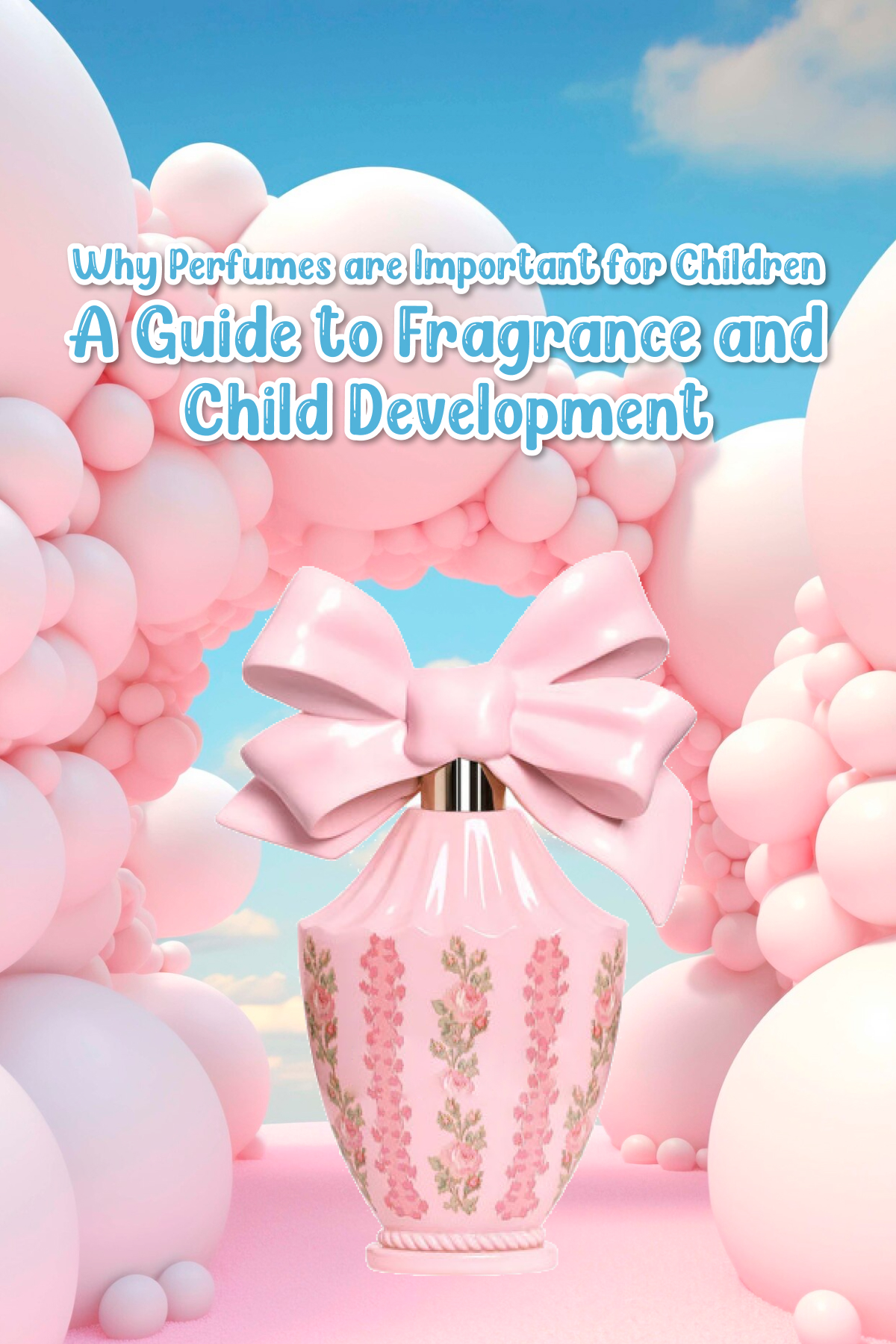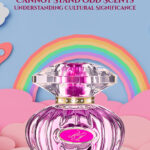Perfume has long been connected with elegance, luxury, and self-expression. While the world of scents is frequently viewed as a realm for adults, the significance of perfumes for children is gaining traction.
Though it may seem unusual to consider perfumes for children, using child-friendly smells can help them develop, express themselves, and feel better emotionally. In this blog post, we’ll look at the different reasons perfumes are vital for children and how they might improve their life.
1. Establishing a sense of identity
One of the most major reasons perfumes are vital for children is that they aid in the development of a sense of self. Children, like adults, develop their personalities and preferences from an early age, and selecting scents from the best online perfume store allows them to explore different fragrances that resonate with their budding identities..
Perfumes can become a part of their personal expression, allowing people to select a perfume that appeals to them. This choice might help individuals feel more in charge of their identity and boost their confidence.
Choosing a fragrance that a child likes allows them to feel unique and special. Whether it’s a fruity, floral, or mild, gentle aroma, owning their own perfume can help children feel more mature and responsible, which can boost their self-esteem.
2. Improving Emotional Well-Being Scents
These can have a significant impact on emotions and mood. Certain smells have calming and soothing properties, while others are uplifting and invigorating. Perfumes with soft, reassuring scents might make children feel more secure and happy. For example, lavender is recognized for its relaxing effects and can help children who are anxious or have difficulty sleeping.
The proper aroma can also make children feel more at ease in stressful situations, such as their first day of school or meeting new people. By associating a familiar, pleasant scent with happy experiences, children might get a sense of security and comfort in their everyday routines.
3. Developing Positive Habits and Personal Care.
Perfumes can be a great method to teach youngsters about personal care and hygiene. When youngsters begin to use perfumes as part of their everyday routine, they become more aware of their looks and hygiene. This behavior can spread to other parts of personal hygiene, such as cleaning their teeth, combing their hair, and selecting their clothing.
Perfumes can be a fun and engaging approach for kids to learn the value of self-care. They can start to learn that smelling nice is part of presenting oneself effectively, which can lead to a lifelong practice of self-care.
4. Building Memories and Associations
Scents are strongly related to memory and can elicit vivid memories of specific events, places, or individuals. Wearing a certain perfume can help children form long-lasting memories of special occasions or everyday times. This link between aroma and memory can be a valuable tool for instilling nostalgia and comfort as they age.
For example, a youngster may identify the aroma of a specific perfume with spending time with their family, going on vacation, or commemorating milestones such as birthdays. These scent-based memories can bring emotional warmth and enjoyment in the future.
5. Promoting a Love of Fragrance and Culture
Perfumery is profoundly ingrained in many civilizations’ traditions and histories. Introducing scents to youngsters can help to pass down cultural traditions and beliefs. For example, in Middle Eastern civilizations, oud, rosewater, and other traditional smells are important components of social and religious ceremonies. Parents can instill pride and connection to their children’s ethnic identity by introducing them to these fragrances.
Furthermore, introducing children to the world of perfumes can spark their interest and inventiveness. They might get interested in how perfumes are manufactured, the various sorts of scents, and the art of perfumery. This could even spark a lifelong interest for fragrance or a career in the industry.
6. Social Interaction and Confidence Building.
Children frequently connect with their classmates, whether at school, on playdates, or during extracurricular activities. Wearing a pleasant, kid-friendly perfume might help a youngster gain confidence in social situations. When youngsters are confident in their ability to smell, they are more likely to interact constructively with others, which can aid in the development of friendship and social skills.
Furthermore, a distinctive aroma of iris might spark a conversation among children, helping them to bond over common interests. This can improve their social connections and make them feel more comfortable and accepted in group settings.
7. The Appropriateness of Child-Friendly Perfumes
It’s important to know that perfumes made for children are formulated differently from adult fragrances. Child-friendly scents are usually alcohol-free, hypoallergenic, and manufactured from natural ingredients that are gentle on a child’s sensitive skin. These scents are designed to be safe for children while also delivering a pleasant sensory experience.
Parents should always choose perfumes that are free of harsh ingredients and dermatologically evaluated to guarantee they are safe for youngsters. To avoid any adverse reactions, test a little amount of the perfume on the child’s skin before using it on a daily basis.
Conclusion
Perfumes for children are more than simply a nice smell; they may aid in personal growth, emotional well-being, and cultural education. The advantages of introducing youngsters to scents range from increasing confidence and social skills to establishing long-lasting memories. As long as safety and appropriateness are maintained, perfumes can be an excellent addition to a child’s daily routine, assisting them in growing, learning, and expressing themselves in a distinctive and aromatic manner.














